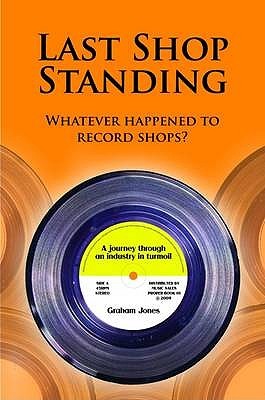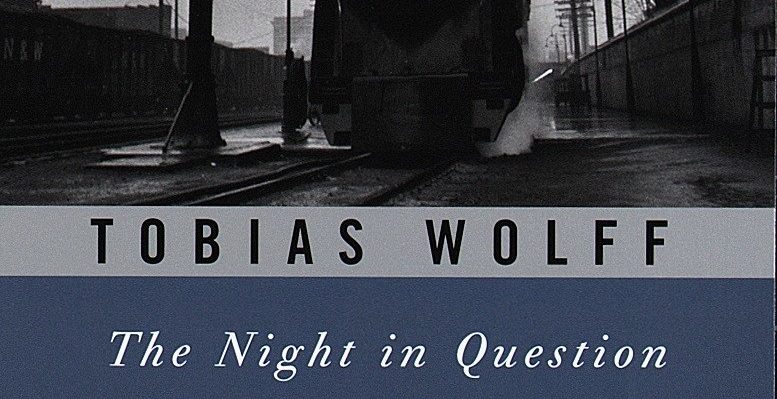Book Reviews – November 2009
Book Reviews
 Hakuin’s Precious Mirror Cave: A Zen Miscellany
Hakuin’s Precious Mirror Cave: A Zen Miscellany
Edited/Translated by Norman Waddel
Counterpoint Press
Street: 08.11
Hakuin Ekaku was an 18th century Japanese master of the Rinzai school of Zen Buddhism. Considered responsible for reviving and bringing Rinzai into the modern era, he was a prolific writer, painter and calligrapher. You may know his work in the form of the famous “One Hand Clapping” Zen kôan. Collected here, much of it for the first time, are several key works which are instrumental for the Zen student and practitioner including, “The Tale of My Childhood,” “Idle Talk on the Night Boat,” and the eponymous “An Account of the Precious Mirror Cave.” Norman Waddel’s English translation is excellent and succeeds in not being overly vague or strange, like so many others. He has done his best to convey complicated ideas from a language with completely different structures and units of meaning into our own. That being said, this book will be difficult to get through for the casual reader. Only someone really serious about Zen is going to have the resolve to force a way through these longwinded stories and treatises. The autobiographical writings and kôans (short poems meant to be rigorously repeated) are surprisingly practical and will be helpful for any devotee, but someone with a more casual interest would do better to pick up Zen and the Art of Motorcycle Maintenance by Robert M. Pirsig first (even though that’s not really about Zen). –Rio Connelly
 Last Shop Standing: A Journey Through an Industry in Turmoil
Last Shop Standing: A Journey Through an Industry in Turmoil
Graham Jones
Proper
Street 04.06
The music industry can be a cruel mistress. This book attempts to document just how cruel she can be and for the most part author Graham Jones is able to communicate that. The problem is that Jones really isn’t a writer––he’s a guy with a lot of work stories that he tries to weave into one narrative. Some of the tales are great, but they don’t fit together quite as well as intended. Jones starts off as an independent record seller (think swap meet) who takes a job in a record store. From there, he becomes the store manager, manages a “famous” rock band on the side (the Cherry Boys? Never heard of ‘em) and eventually takes a job as a record company representative. There are stories involving the decadence of a touring band, some that deal with the peculiar people who buy and sell records, and some interesting ways of dealing with shoplifters, smelly customers and seemingly illiterate roadies. As a simple collection of stories, the book is fantastic, but as a commentary on the current state of the record industry, it falls short. Honestly, no one cares about what Graham Jones’s position is on illegal downloading or customer service. No one even knows who the hell he is. He and I do agree on one thing though: the plural of vinyl is vinyl. Please, for god’s sake, don’t call them “vinyls”. Better yet, don’t use the word vinyl at all. Just call them records. Thank you. –James Bennett
 The Night In Question
The Night In Question
Tobias Wolff
Vintage Contemporaries
Street: 09.1997
Some may be content to place Tobias Wolff as simply another member of the Dirty Realism school. However, Wolff is different than, say, Bukowski or Carver. Instead of sacrificing the ancillary detail of his stories, Wolff paints them in the background, almost invisible to the casual reader. Stories like “Mortals,” “The Other Miller,” and “Lady’s Dream” illustrate a refreshing angle on sadness, neither Wagnerian nor cheap, but as resolved and reserved as the terminally ill might be. Wolff, like Carver, recognizes that, ultimately, the greatest tragedies are not those that come all of a sudden like a thief in the night or a cataclysmic asteroid. Rather, they are those we live with on a quotidian basis, which replenish themselves with the same regularity as the widow’s oil cruise. Unlike Carver, the details of Wolff’s woes are not removed––merely hidden. –JR Boyce

